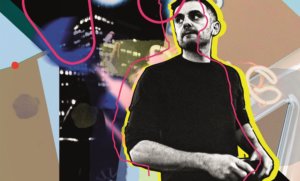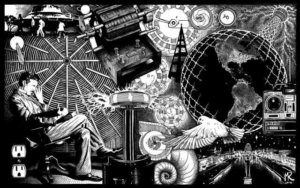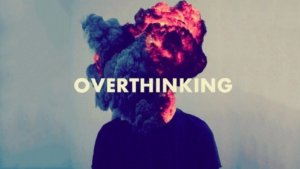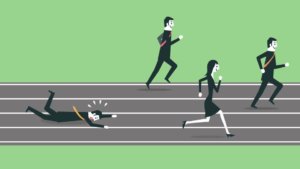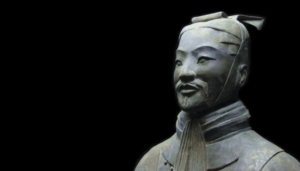We know that scientists, whom we call the smartest in the world, have all kinds of habits and obsessions. For example, interesting habits such as Tesla’s obsession with dirty surfaces and pearl earrings never touching them. Mathematician Oliver Heaviside’s covering all the walls of his house with pink stones and spending his day looking at those walls and drinking milk. The Greek philosopher Pythagoras never eating beans are identified with scientists.
According to studies, the effect of environmental factors on intelligence has been proven. This means that our habits and behaviors are among the factors that determine our intelligence. Thus, our behavior affects our way of thinking and that is how we begin to perceive the world. From this point of view, it is not known whether we have anything to learn from the habits of intelligent people, but it cannot be denied that Einstein, who started speaking later than normal, was not successful at school at all, and later known as one of the smartest people the world has ever known, had very different habits in the fields of sports, sleeping and clothing.
Daily Exercises
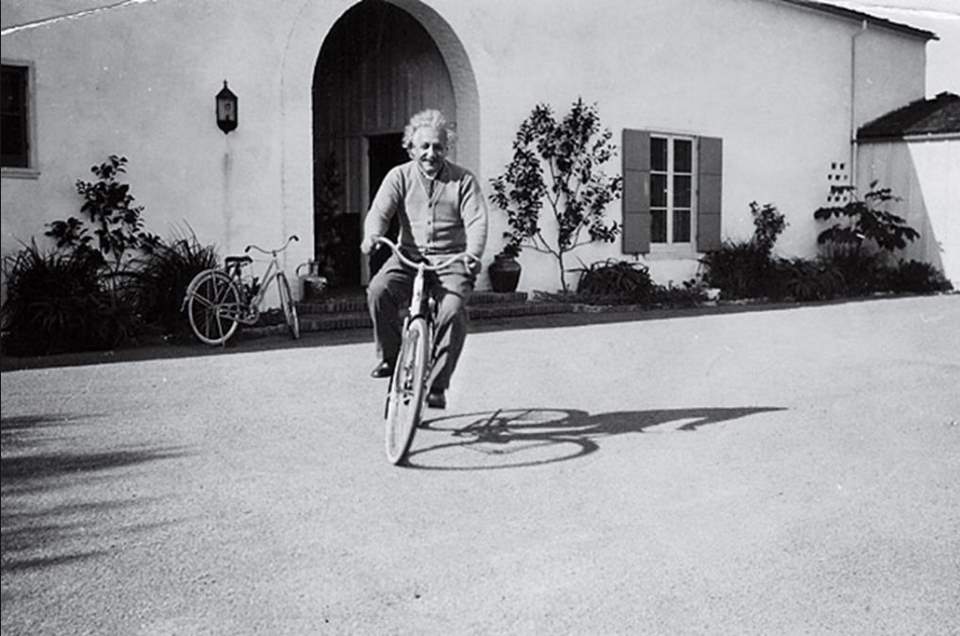
Known for his energy as well as his intelligence, Albert Einstein walked to his job at Princeton University in New Jersey every day, walking an average of 5 km. He knows that walking has the effect of purifying and calming the mind as well as protecting the body’s health. In addition, walking outside improves problem-solving skills and memory, as it increases oxygen intake, and increases creativity. In addition to this, he would do his daily sports by cycling, and thus he would keep himself fresh by doing his activities during the day.
Sleeping or Taking a Nap
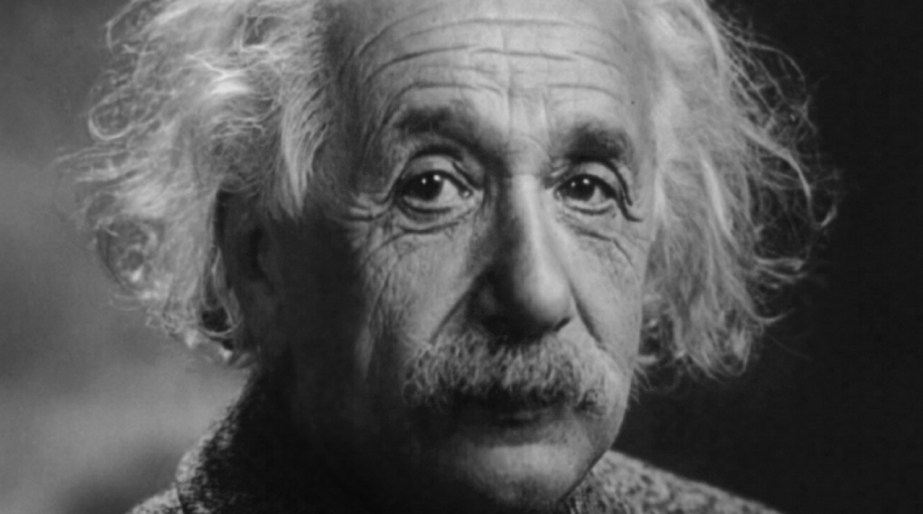
We know that the brain rests during our sleep, we repeat what we have learned during the day, and thus we can make inferences that we were not aware of. Although experts say 8 hours of sleep is enough, Einstein was very obsessed with sleep and slept close to 10 hours a day. Einstein, who slept in short intervals during the day, developed a method of his own to prevent sleeping too much. He was sleeping with a spoon in his hand and a tray on the floor, waking up to the sound of the spoon falling, preventing the sleeping time from getting longer.
The development of learning and memory, which is more active compared to deep sleep than in the sleep phase known as REM in which rapid eye movements occur, positively affects the development of the brain by repeating it with naps in between. Einstein, who constantly rests his brain with the naps he makes in between, may owe his intelligence to these sleep escapades.
Clothing Style
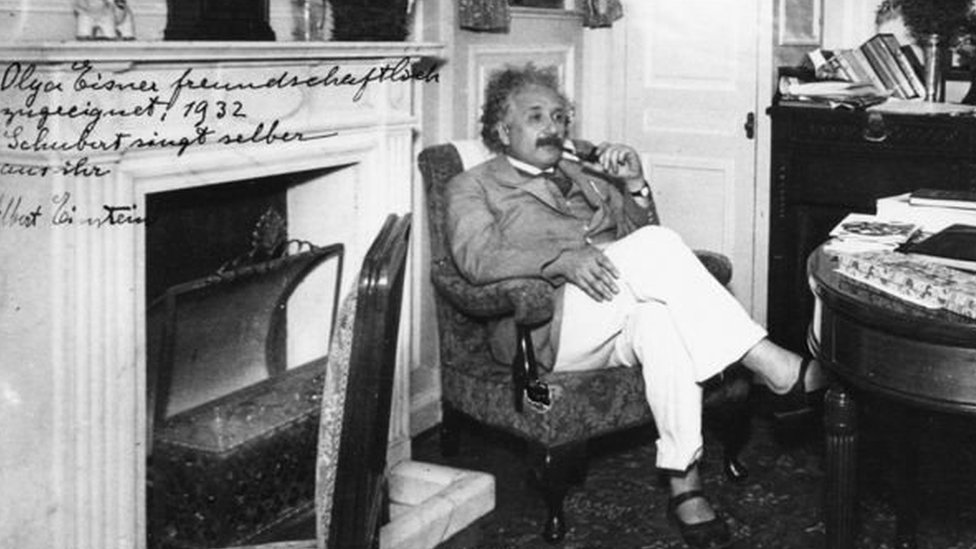
One of Einstein’s most interesting habits was to walk without socks. In one of his letters, he wrote:
“When I was a kid, I noticed my big toe pierced my socks, so I stopped wearing socks.”
Although we do not know exactly how dressing style affects intelligence, there are studies showing that those who dress formally are more successful in tests in the field of abstract thinking than those who dress casually.
For Einstein, there are more important things in life than getting hung up on all this. In an interview with LIFE Magazine in 1955, he stated the most important issue for him.
“The important thing is not to stop questioning; curiosity is the first condition of existence.”

